STORIES / Okara’shòn:’a

Fishing trip
My husband would go fishing all the time. I went with him once and told him, “Don’t ever ask me to go with you again.” Because it didn’t work out when we went, we got stuck.

Those guns won’t stop me
In 1990, we didn’t have any supplies in Kahnawà:ke because of the blockades. My husband Jimmy had a boat and my sister, Melissa, wanted to go shopping so Jimmy said, “Well okay Mel, get in my boat and I’ll take you.” She got on at Johnson’s Beach, and when they were halfway to the store, they had to land where the old movie theatre was in Dorval.

Could've died
When I was a kid, I remember seeing the older women, the grandmothers, swimming in the river. They were very modest and they wore handmade black dresses, even for swimming. I think they would jump into the river behind the church and float way out in the middle of the river. We could hear them laughing and laughing, floating down with their dresses that would make an air bubble around them.

The mighty St. Lawrence river
The St. Lawrence River played an important role in our daily lives, especially for families living by the riverside in the old village area of Kahnawake. On sunny nice days, community women would go down to the shore and wash laundry with large bar soap and scrub boards in hand and children in tow.
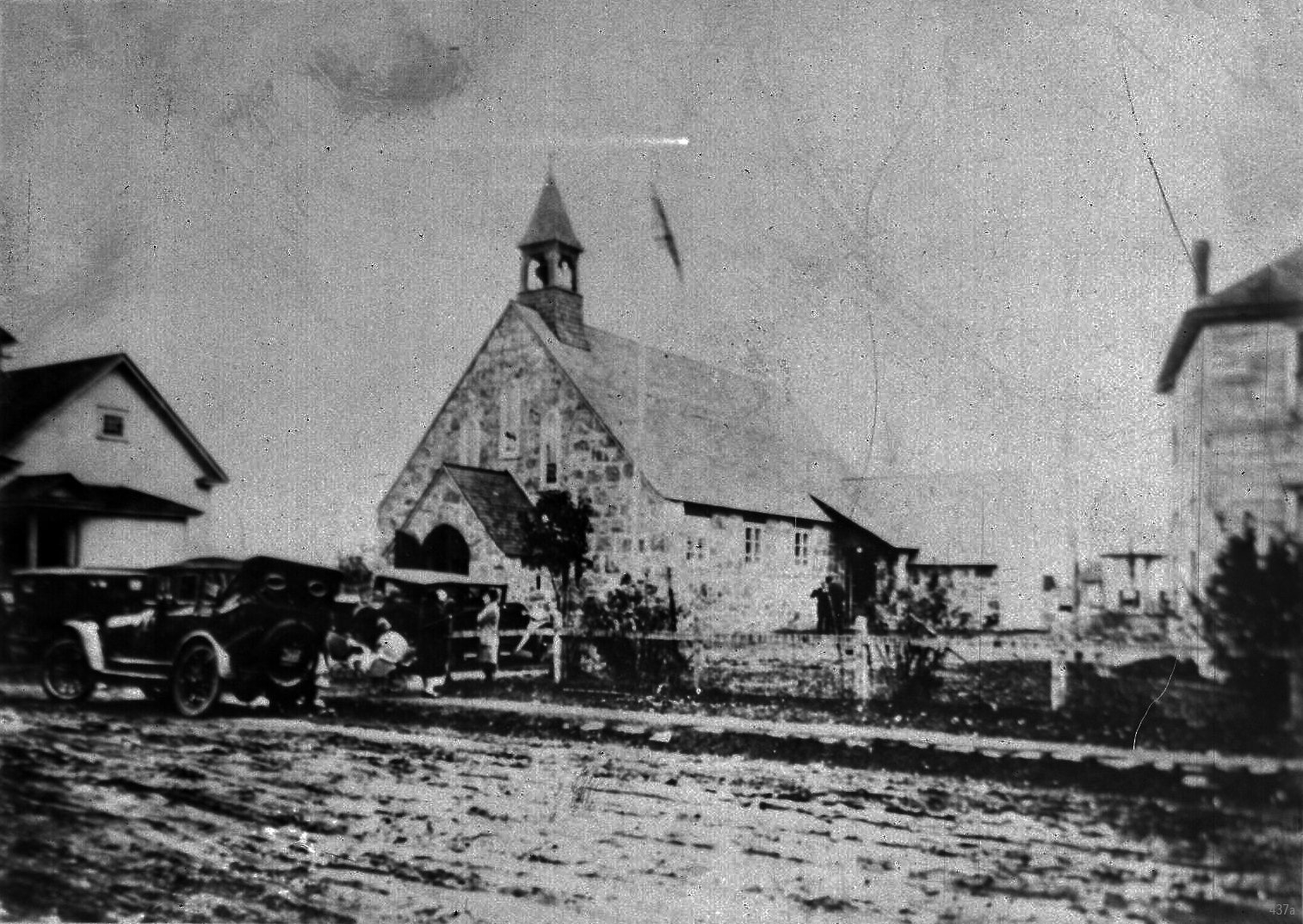
Kanoronhkwáhtshera'
At the revival of the Mohawk language, people wanted to learn their language and their culture. The more they would learn, the more they would say, “Hey, there’s nothing wrong with who I am, there’s nothing wrong with me. There is nothing wrong with the way Shonkwaia’tíson’, or God, has made me. I am perfect just the way I am.”

Living that dream
I met Onkwehón:we who didn’t even speak English all the way from Manitoba, BC, and other Western provinces. Many came to me and said, “I got no education. I never went to school. But I worked in my community for many years. I know my culture, I know my traditions, I know my history, and I know the church.”
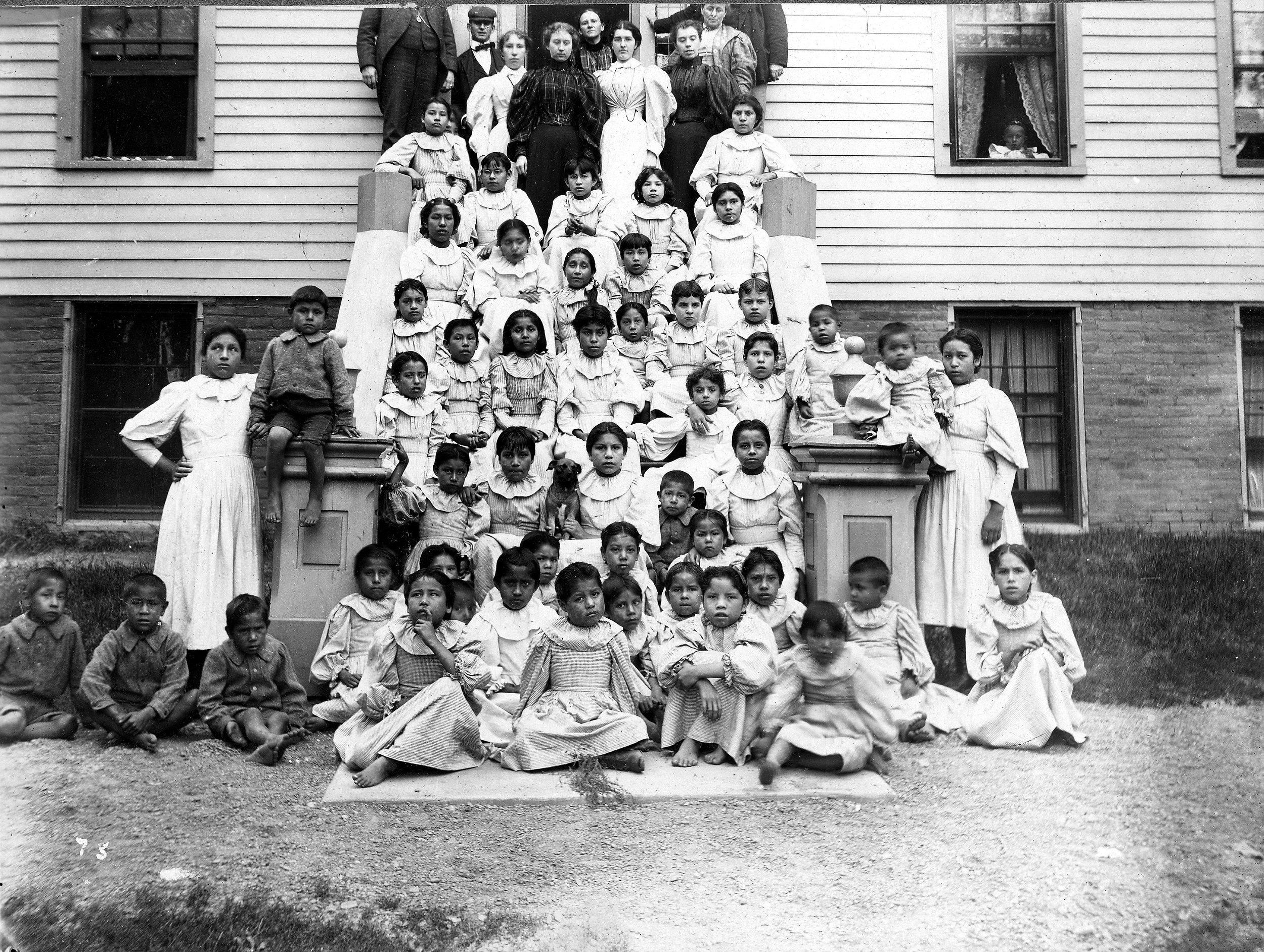
It keeps going on
As a kid, I was so confused with my mom. I never knew what she went through. I couldn’t say anything about it. If I had known the way she grew up, then I would’ve understood better. She didn’t tell us what she went through. All she would do is start crying when she mentioned the school.
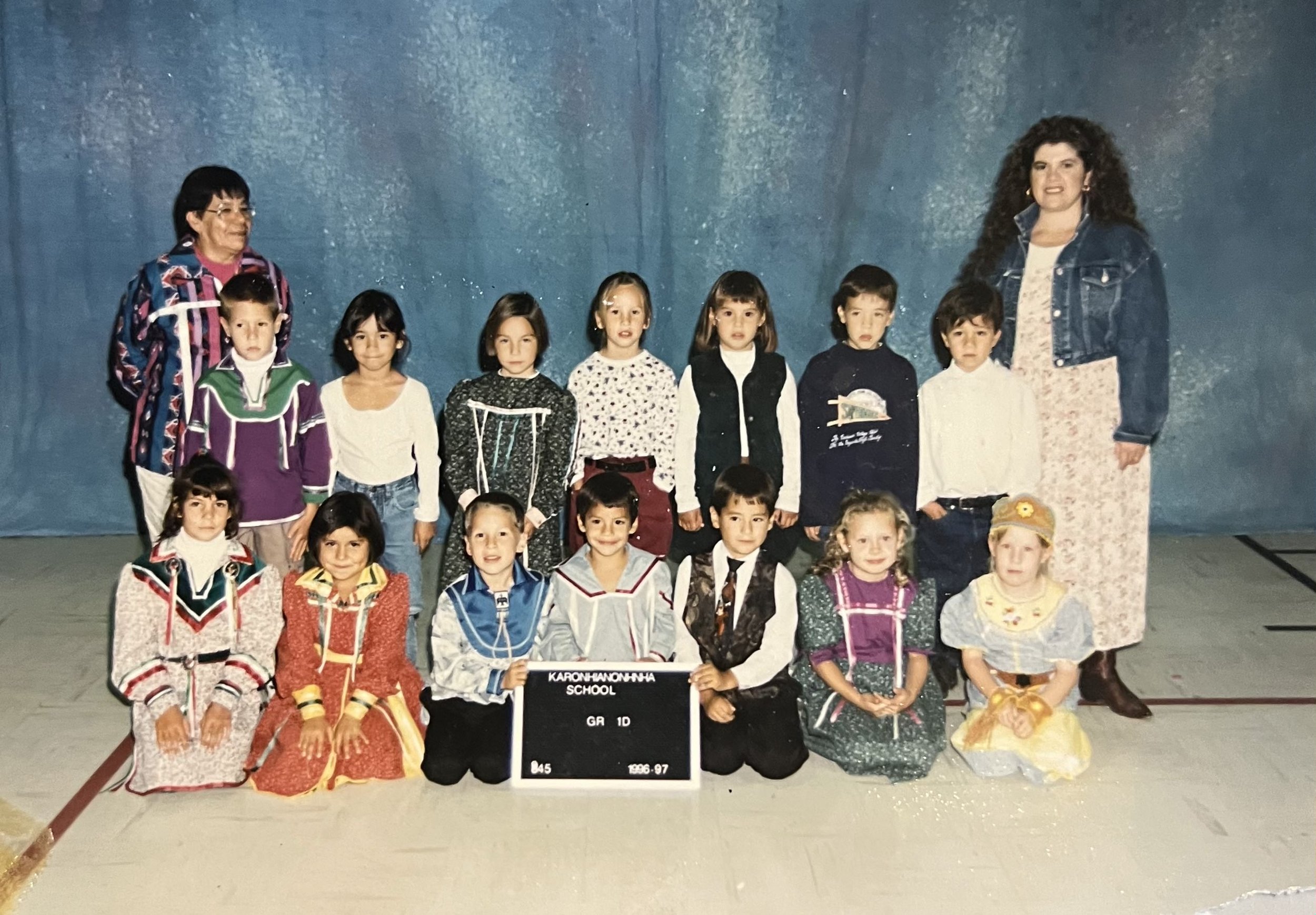
Good and proud
I worked at Karonhianónhnha' Tsi Ionterihwaienstáhkhwa' for 20 years, starting in 1989. When I started, they were struggling to find teachers. We had quite a lot of speakers back then but few that would teach. I began as a volunteer teacher’s assistant to help a friend of mine who taught social studies and science because he would sometimes be at a loss for words.
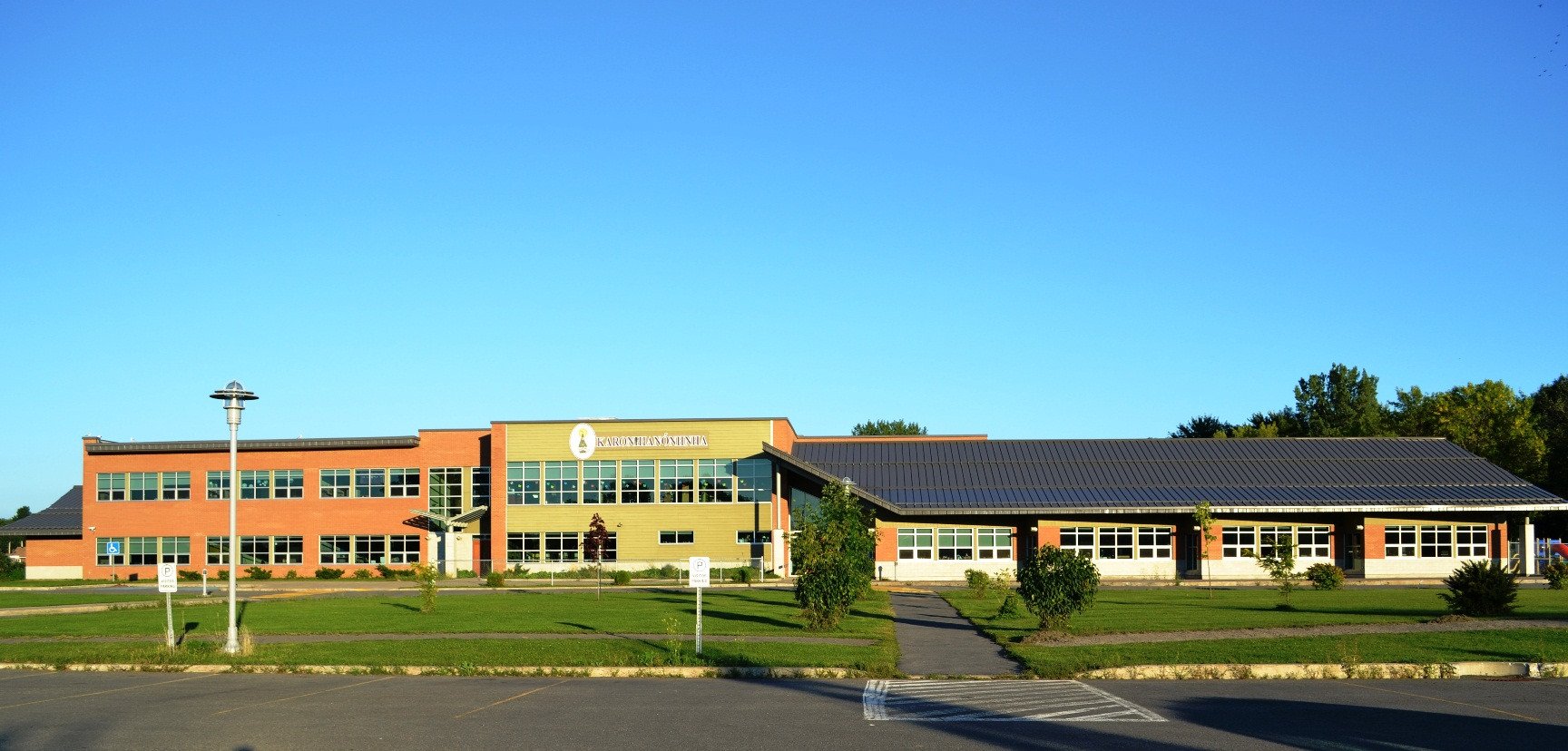
Change is hard
It seems everything important begins with a protest. When Kanien’kéha immersion first started, it became an issue in our community. It was thought that teaching culture and language would hold one back from making progress in school.
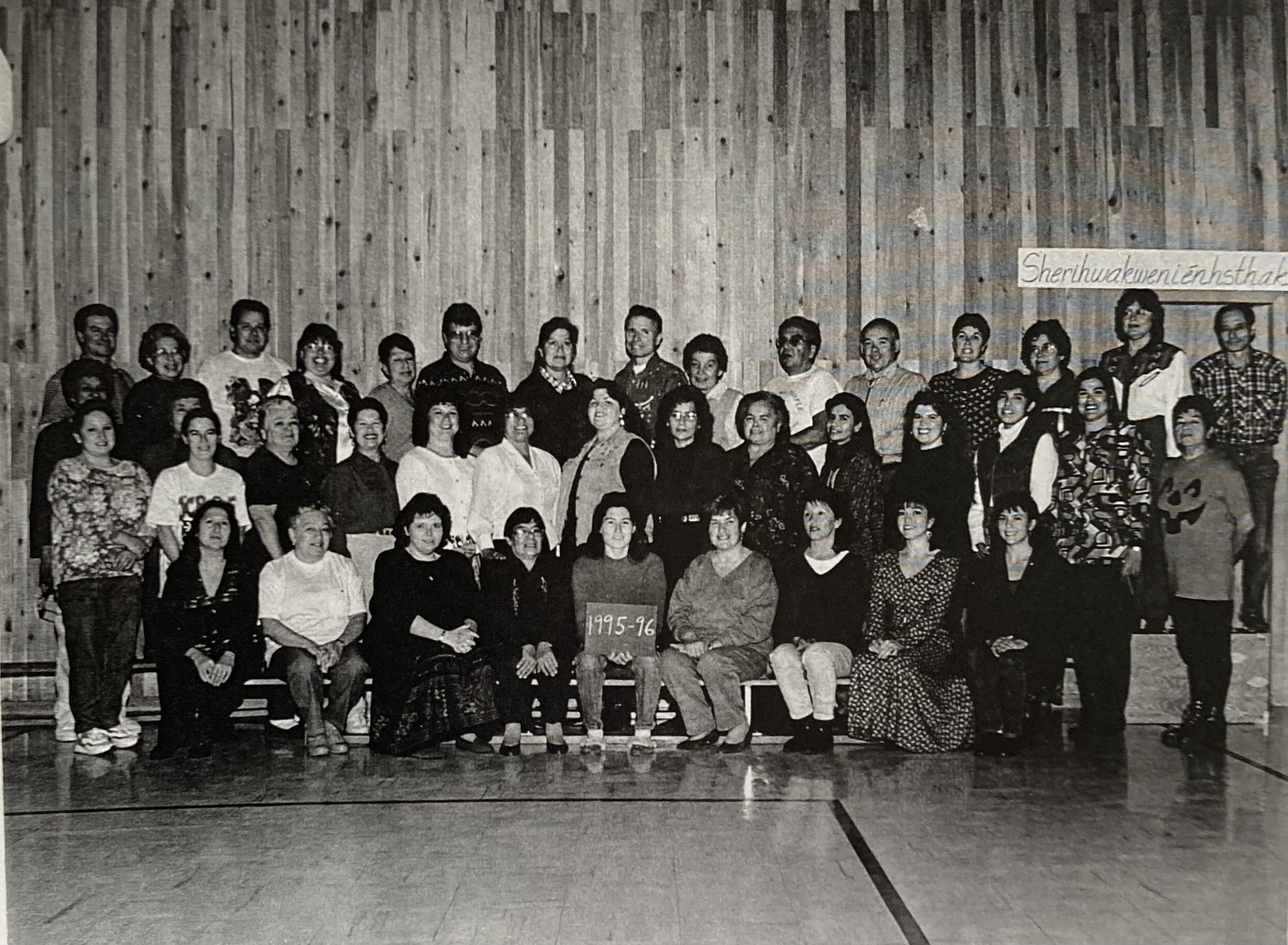
Make one school
There was a big sign in front of where the Ed Center used to be, where the library is today, inviting people to come and give their opinion. There were many opportunities for parents to voice their opinion or concerns. People did not come forward, so it looked like it was a go. I remember thinking it will never work. I hear the talk. Parents will not accept this, so I brought that up at an admin meeting.
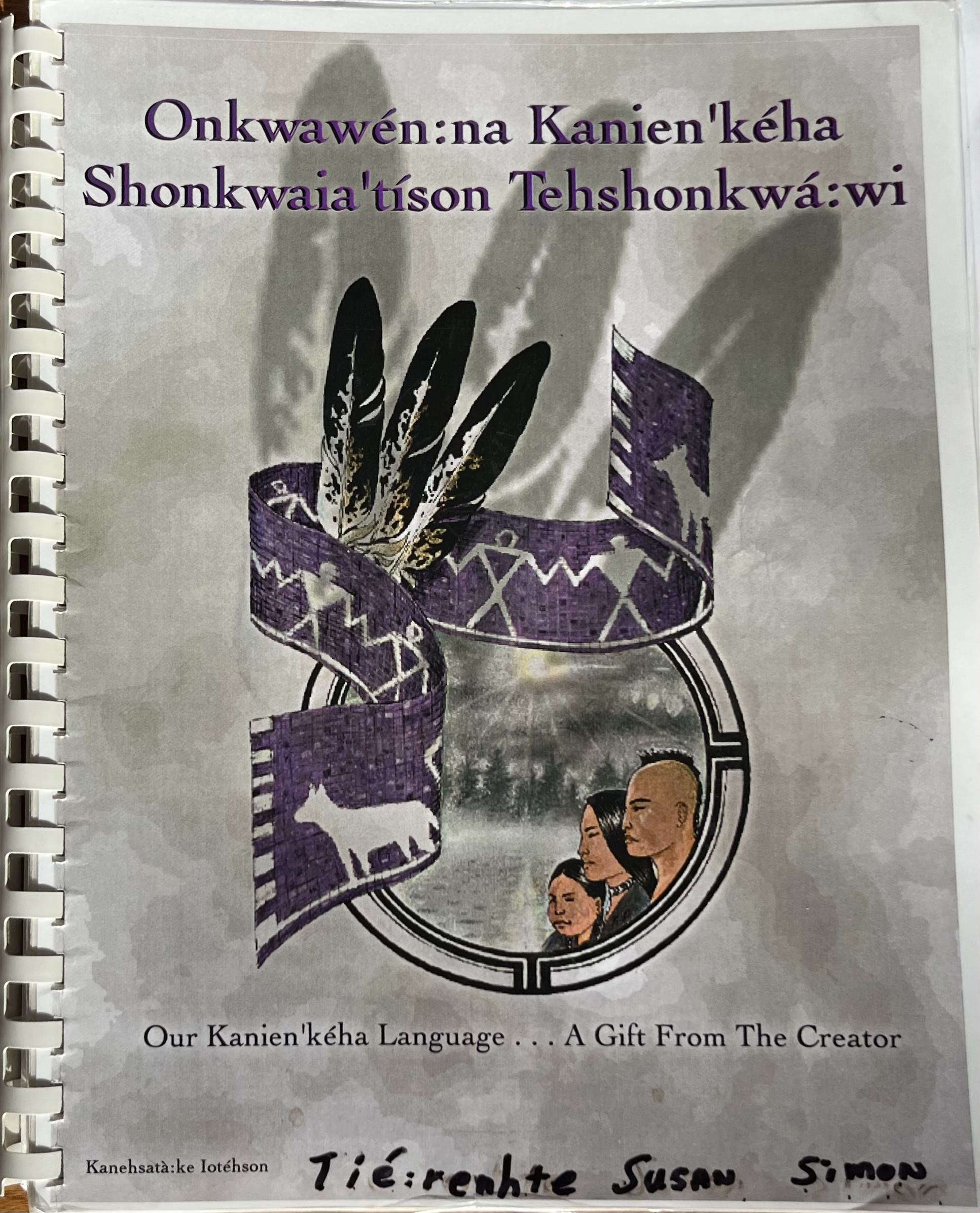
If you don't use it, you can lose it
I’ve helped write a lot of books. I helped with the typing but it would take so long because the language is not like English. There are only 11 letters in our language but there are so many accents. Language groups in several Mohawk communities have used those books we made.

Black and blue
Ti-bert used to dream out loud in Mi'kmaq, which they called the devil’s language. And if you spoke in Mi'kmaq, or even in English, you got beaten. Every night Ti-bert would miss his grandmother and would dream about her. So of course, he spoke in his sleep in his language because his grandmother didn’t speak French or English.
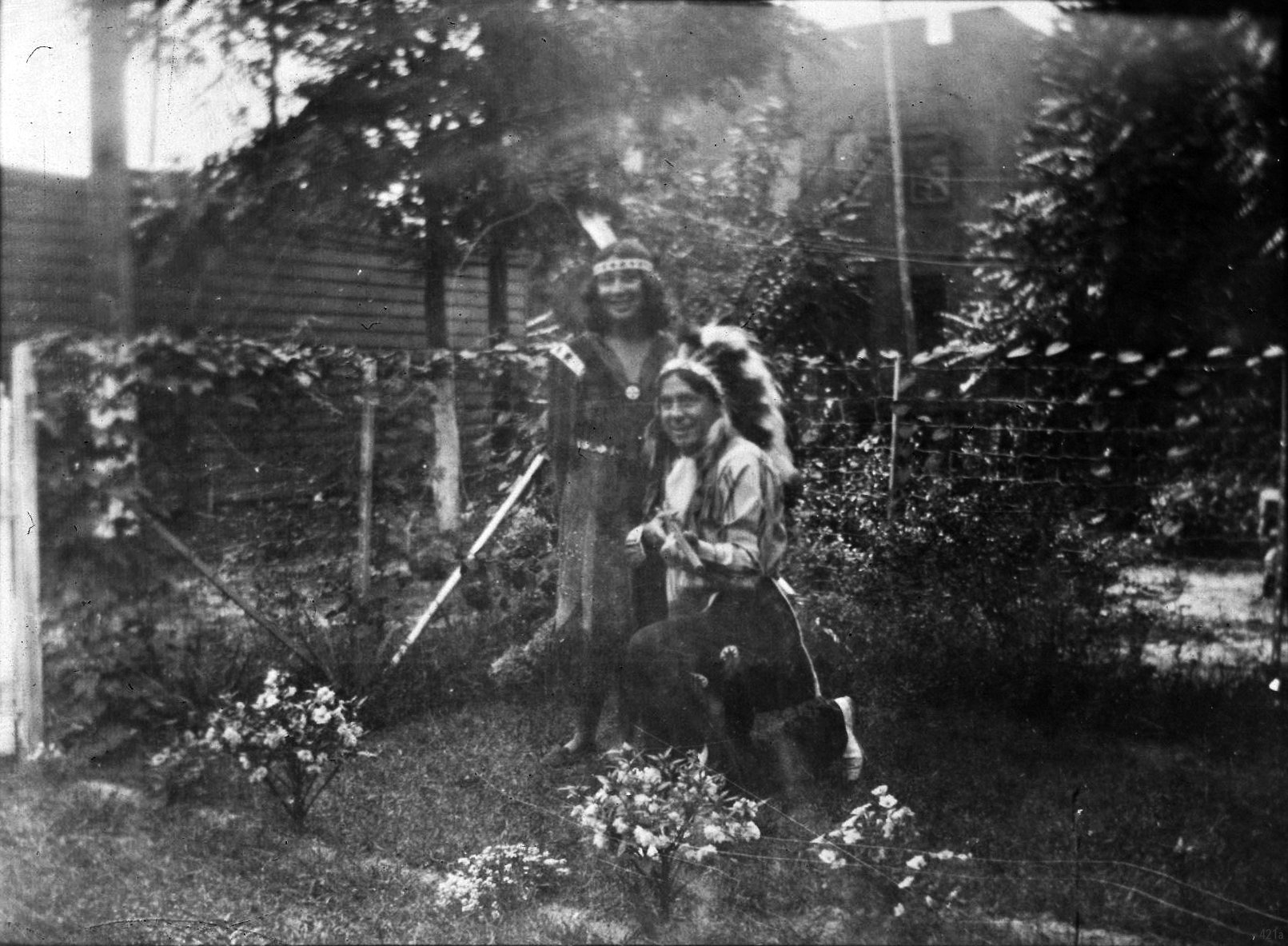
Always in their garden
My grandmother had a garden. We couldn’t really walk straight in the backyard or the front yard because the rows made it bumpy. We had a lot more variety back then, more than we have now. We had fruit trees – plum trees, pears, apples, peaches, cherries. People grew white apples, McIntosh.
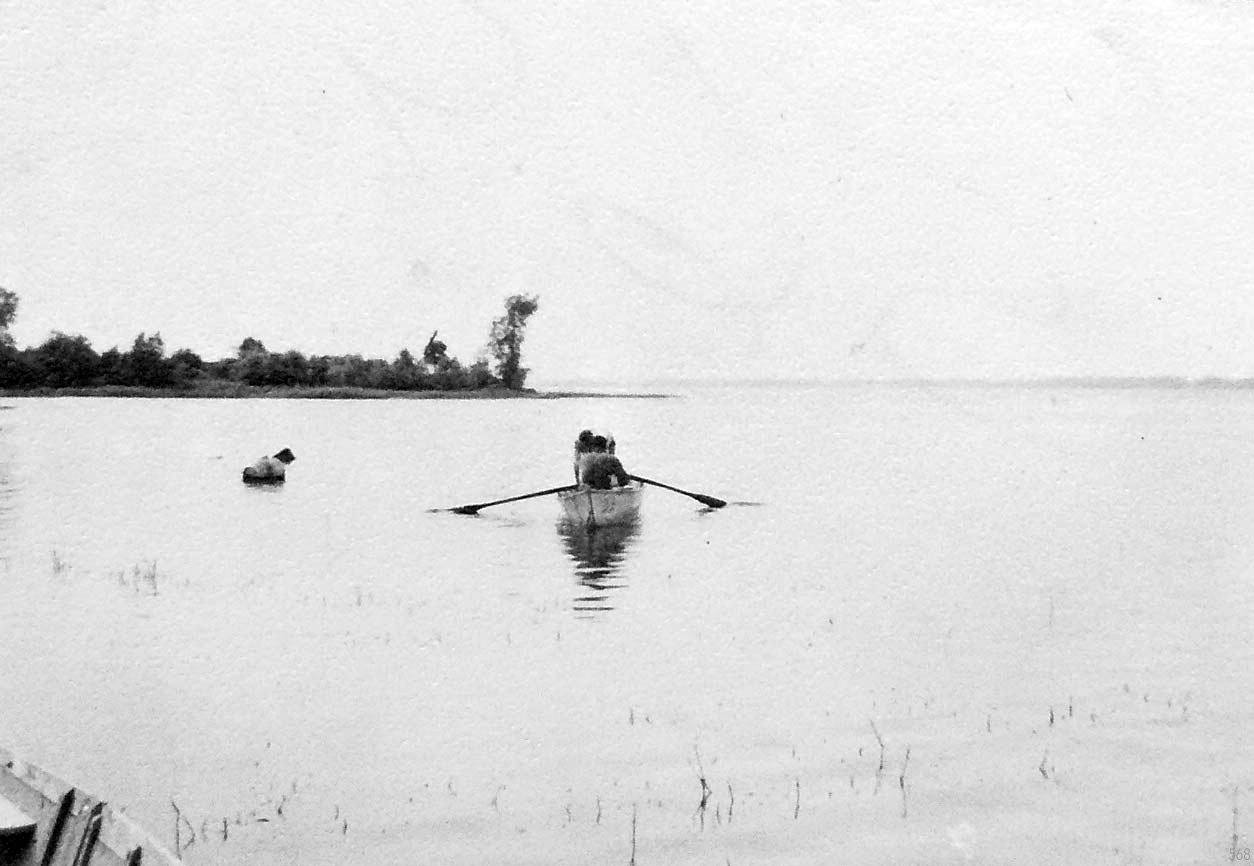
Kids at the water
When I was a kid, we all used to go swimming at the Wharf. It was so nice. The best part of swimming there was when people would come and throw silver dollars in the water to see if you could catch it. I never caught a coin, never. I wasn’t fast enough. If I was fast enough, the other person trying to get it would take my hand and almost break my finger to get the money.
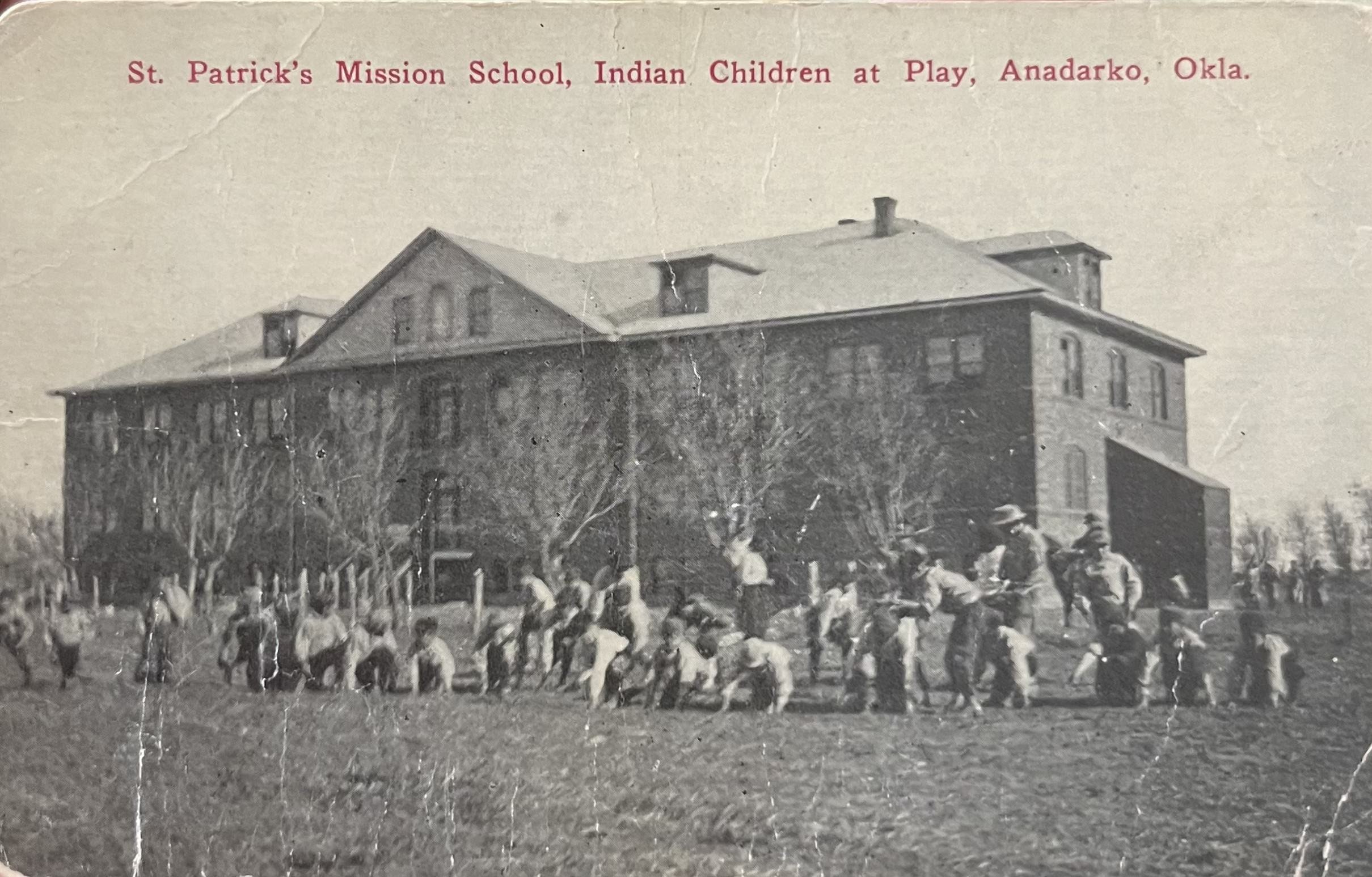
St. Patrick’s Mission
My father and my uncle, they were sent to a residential school in Oklahoma, in 1909. They had a railroad ticket around their necks. The conductors took care of them until they reached Oklahoma. Their parents didn’t want them attending there because already rumours were circulating about these schools. So anyway, they ended up there in Anadarko, Oklahoma at St Patrick’s Mission boarding school.
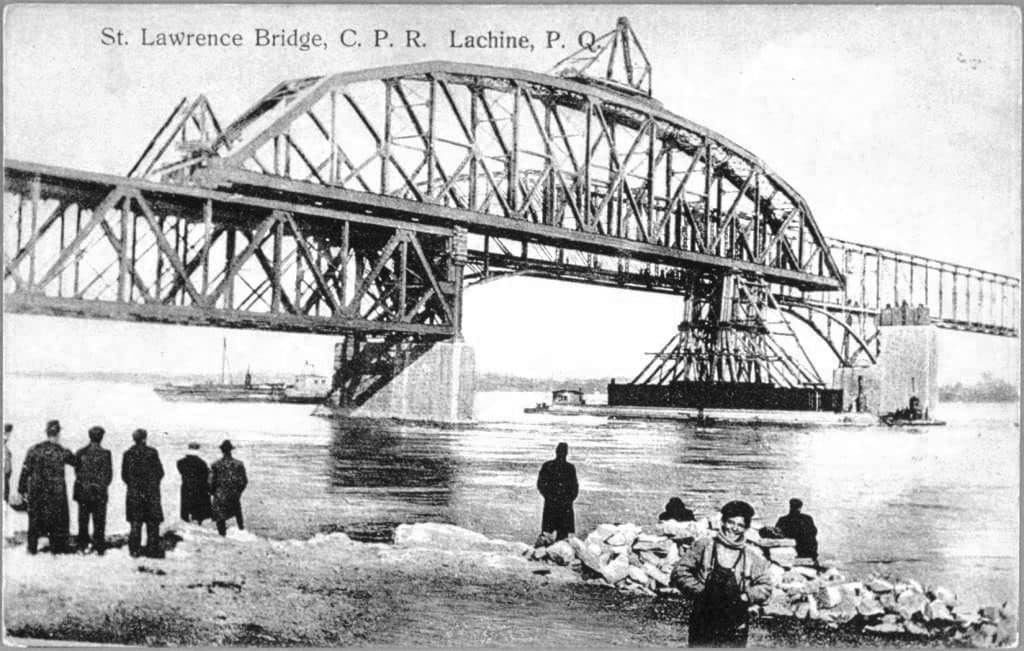
No help of any kind
My mother’s father, Frank Lazare, had a job in Lachine at the Dominion Bridge, it was a foundry. During the winter months, they used to have to walk to work on the train bridge - the CPR bridge. They’d put in a full day of work, then they’d have to walk home. There was no Mercier Bridge then.
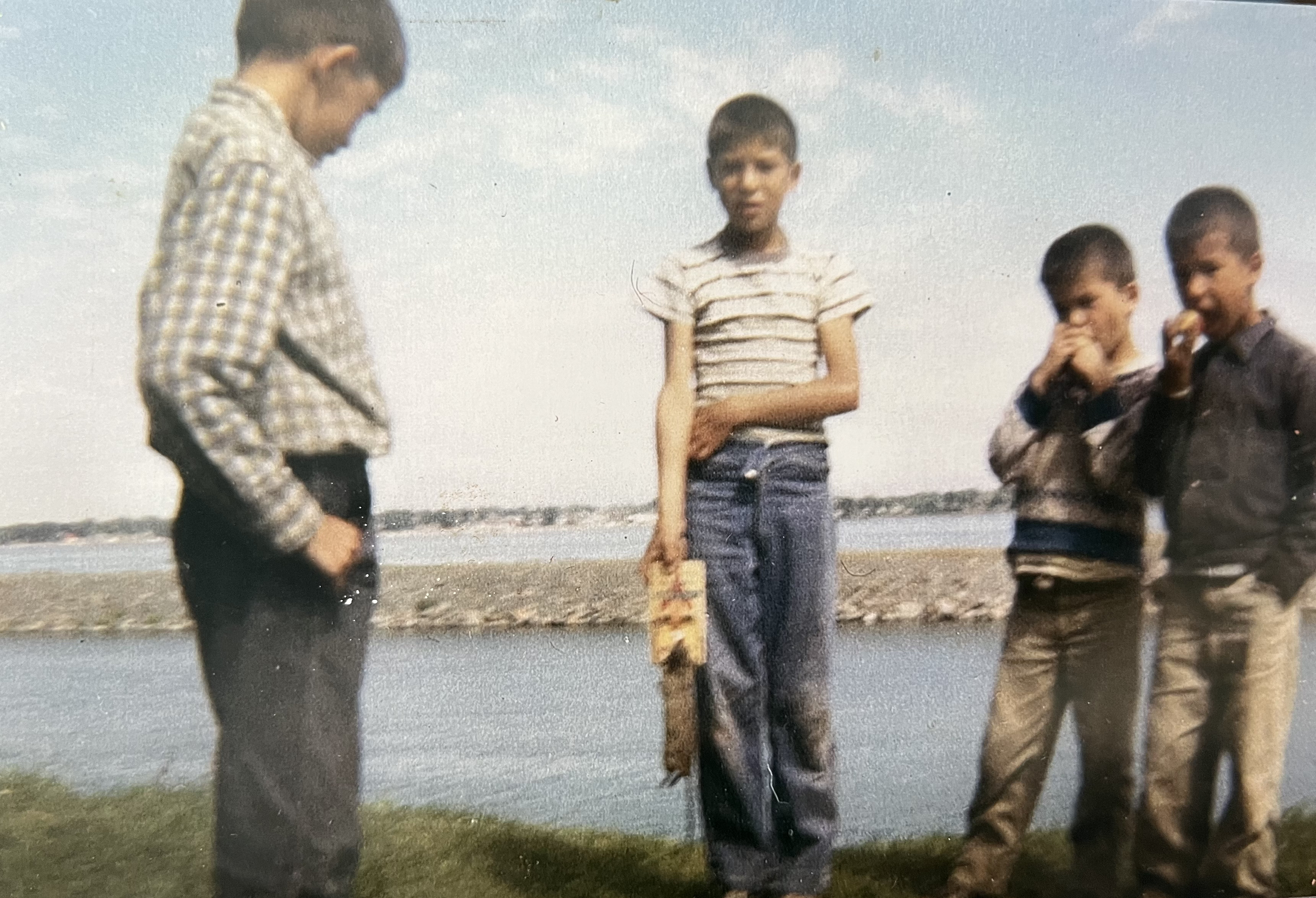
Once-in-a-lifetime trip
My brother David and I did everything together. There used to be a creek that would run all the way from St. Isidore Road to the canal where the post office is today. There was a time when the creek was alive and flowed naturally. There were northern pike in that creek back then, you could see them by the protestant graveyard in the spring when it would flood.
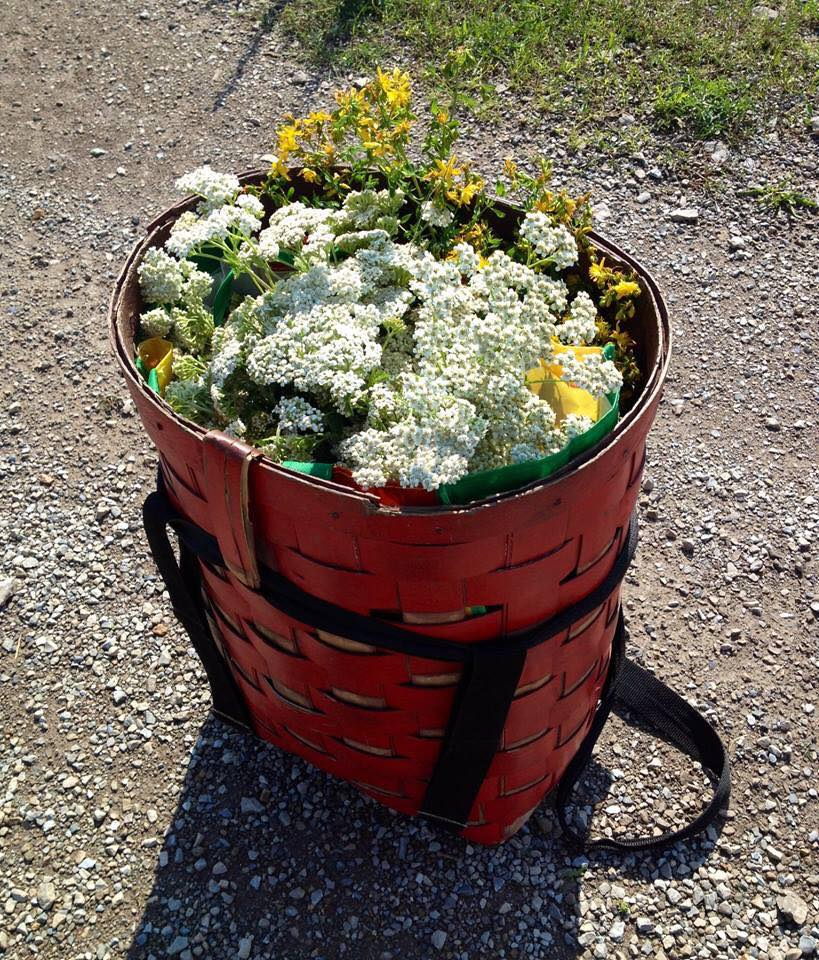
Echinacea, Boneset & Yarrow
Echinacea has pink flowers and looks beautiful in your garden. You can make tea with the flowers and leaves for your immune system. However, it is the roots that are most powerful as an immune booster.
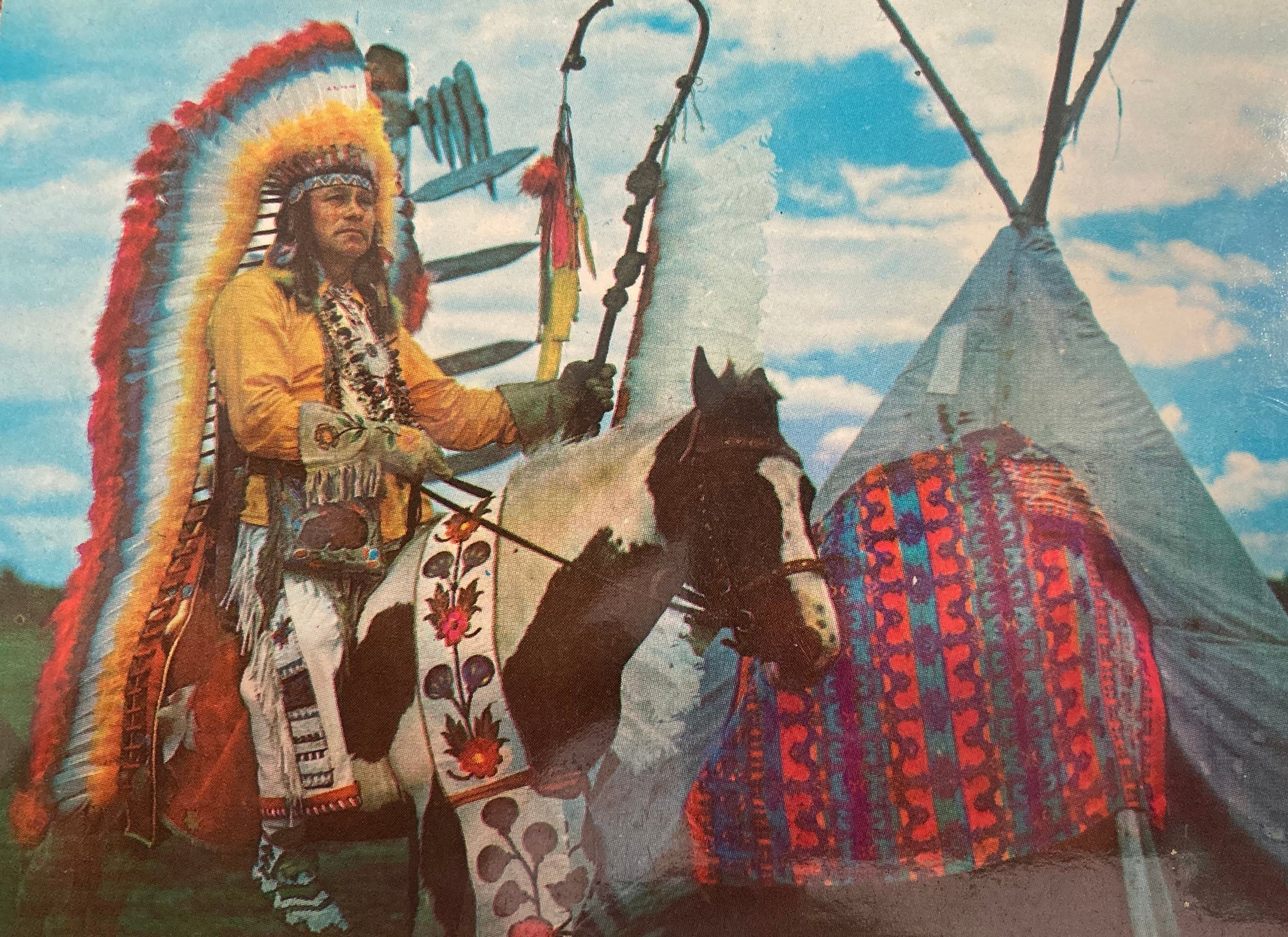
Remembering the Indian Village
The Indian Village had a big Quonset hut with a palisade fence and little stores all around it. There were a lot of people who worked there. That’s how a lot of teenagers who danced used to make money for school, clothes, and pocket money. There was no such thing as rent on the little stores of the artisans.
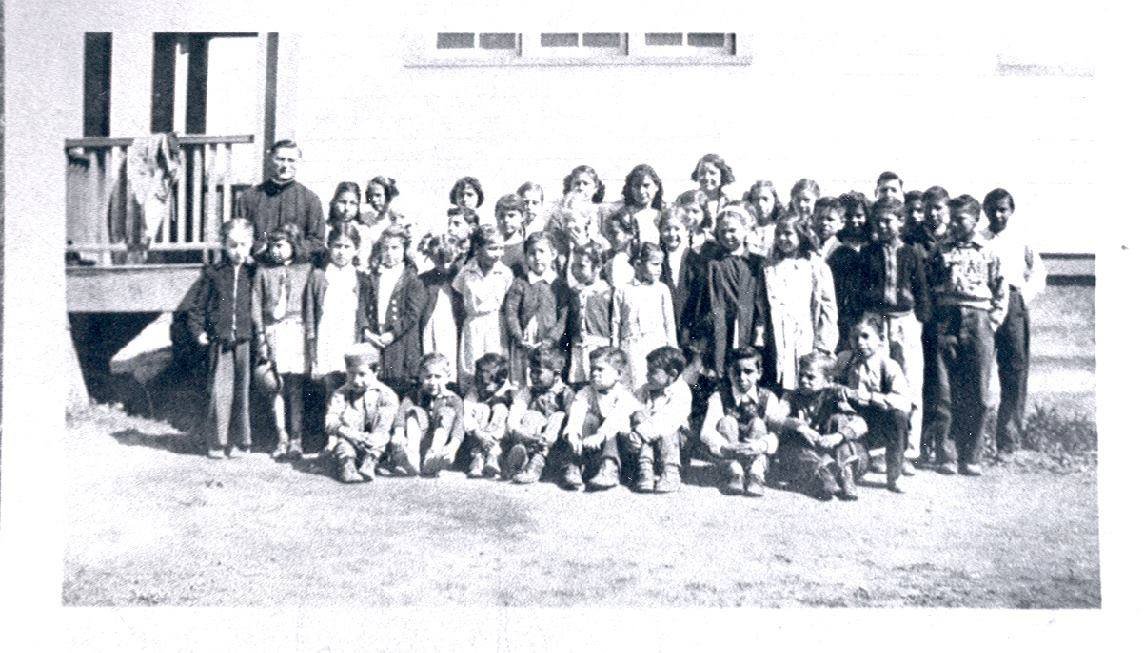
Don’t back down
In the winter, we had to walk for miles and cross on the ice. I wouldn’t go to school in the spring when the ice wasn’t safe or in the fall when the ice was coming in. Just when I could row the boat or walk on the ice.
